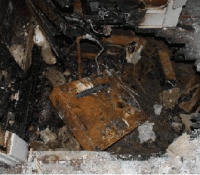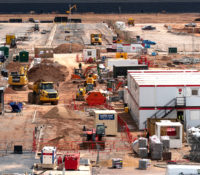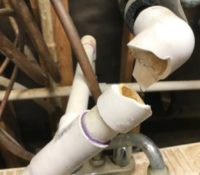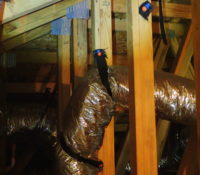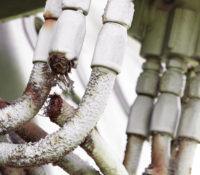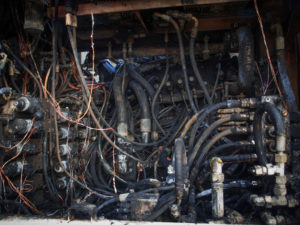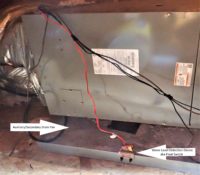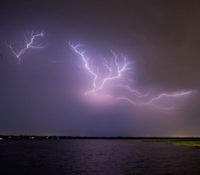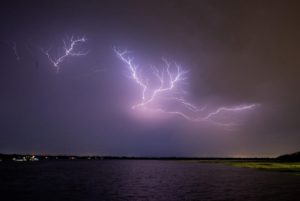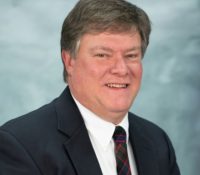Improperly Used Space Heaters Can Be Dangerous
As the temperature outside slides from the cold to the “bitter” cold range on the thermometer, most people tend to turn the heat on inside their home. Some homes, however, do not have whole house heat or sufficient heating capacity and therefore the occupants may rely on portable space heaters. Portable space heaters, used properly, can be a good choice to warm a small area of a home. Unfortunately, while they can warm your cold and tingling hands and feet, they can also warm nearby materials to the point of ignition. Read More


